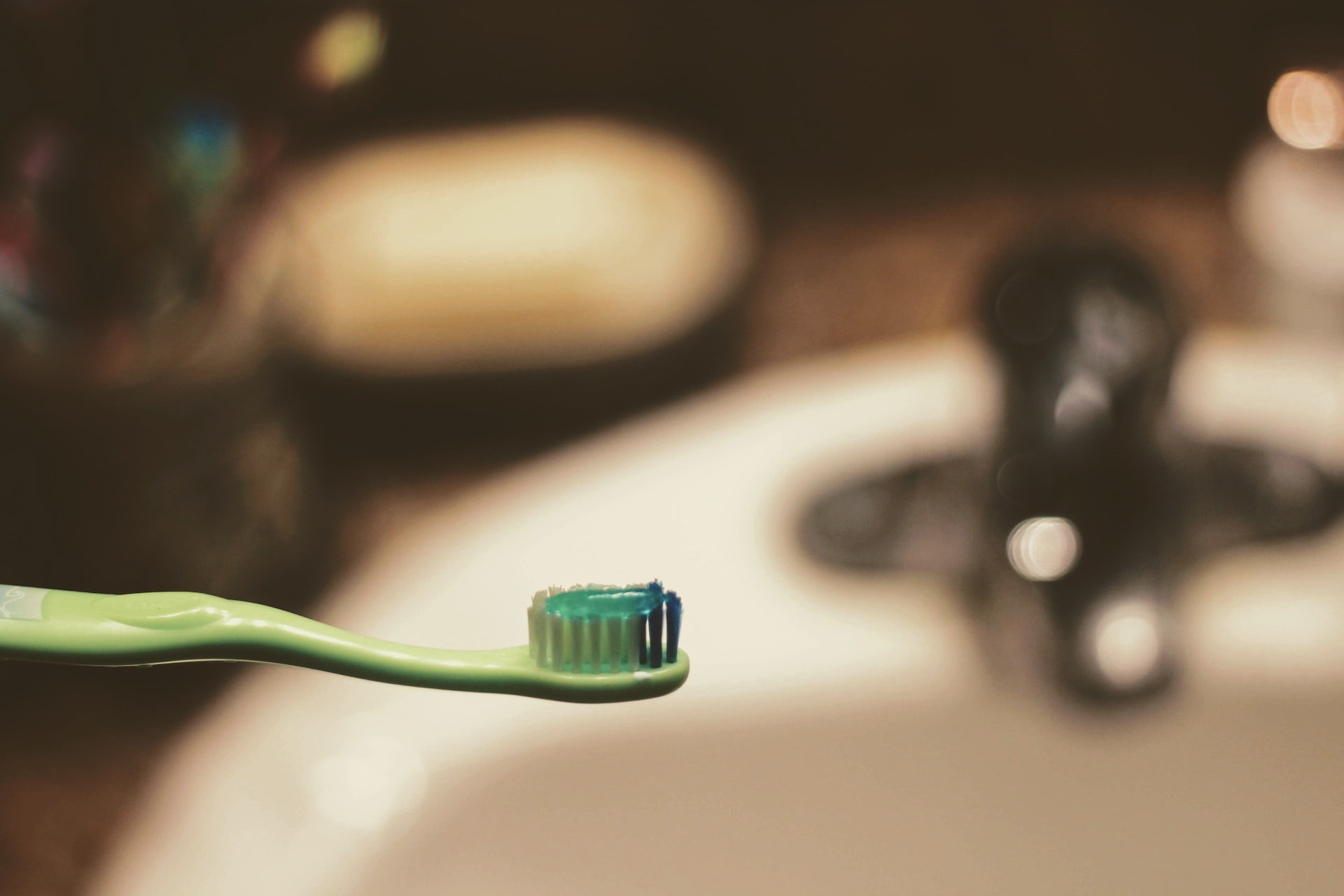Feb
27

When it comes to buying toothpaste, the choice isn’t always as simple as it may seem; while traditional ingredients such as fluoride and xylitol are beneficial for dental health, other common ingredients can be less helpful – and could even end up harming your teeth.
In this guide, we’re going to take a look at which toothpaste ingredients should be avoided, and what to look for when shopping for a new toothpaste. Let’s get started!
What toothpaste ingredients should be avoided?
So, what should you avoid when it comes to picking a safe, effective and non-harmful toothpaste for your teeth? Here are some ingredients to exclude from your oral hygiene routine:
Charcoal
While charcoal has become popular in recent years as a natural teeth whitening method, you shouldn’t be brushing your teeth with it; while charcoal can help remove stains and reduce the appearance of teeth yellowing, it can also be incredibly harmful for your oral health; charcoal is an abrasive ingredient, which means that it can wear down the enamel of your teeth over time. The enamel is an essential protective layer covering your teeth, and if worn down, can lead to agonising sensitivity issues.
If you’re looking to improve the appearance of yellow teeth – whether it be from smoking, drinking coffee or age – a teeth whitening treatment carried out by a professional dentist is always the best solution.
Microbeads
While Microbeads were often used in toothpastes to help dislodge small bacteria, debris and food from the teeth, this substance is made from insoluble plastics, making it toxic and harmful for the environment when flushed down your bathroom sink.
As of 2015, many countries have banned the use of Microbeads in hygiene products in their ongoing attempts to curb environmental degradation – but make sure to check the law where you are, to ensure that you’re not unintentionally polluting your local water system.
Baking soda
Baking soda is typically found in your kitchen cupboards, but in recent years has been used as a DIY tooth whitening miracle, so much so that some independent companies and manufacturers now use it as a key ingredient in whitening toothpastes. While baking soda may offer some temporary whitening effects on the teeth, the downsides (increased sensitivity, enamel erosion, and gum irritation) simply aren’t worth the fleeting (and minimal) whitening effects.
Plus, the alkaline nature of baking soda can also disrupt the pH balance in your mouth, which can lead to further gum irritation and enamel erosion, so it’s best to avoid this all together.
Also Read: Why Are My Gums White?
Sodium Lauryl Sulfate (SLS)
Sodium Lauryl Sulfate (also known as SLS) is an industrial detergent that can be found in many hygiene products, including toothpaste – and while it’s not directly harmful to your oral health, the suds that are produced when you brush with SLS- containing toothpaste can lead to an increased risk of irritation and redness in the mouth.
This is especially true if you suffer from mouth ulcers; SLS can cause further discomfort and make ulcers harder to heal, so it’s best avoided in your oral hygiene routine.
Propylene Glycol
Propylene Glycol is typically used to prolong the shelf life of everyday beauty and hygiene products, but it shouldn’t be on the ingredients list of your toothpaste tube! In large quantities, studies have shown that propylene glycol can damage the nervous system, the liver, as well as the kidneys.
This can be especially dangerous if you have any underlying, ongoing, or undiagnosed medical issues involving these organs, so always avoid propylene glycol in your toothpaste, and minimise your use of other hygiene products that contain it.
Triclosan
While typically found in many home and beauty products, triclosan should be avoided when it comes to your toothpaste. Triclosan is an antimicrobial agent that has been linked to hormone disruption (having been proven to reduce the number of thyroid hormones) and even to antibiotic resistance and skin cancer.
In fact, Triclosan is so controversial that in 2019, the American Dental Association announced that the ingredient would no longer be used in US toothpastes. However, as the ADA is a stateside organisation, make sure to check your UK-bought toothpastes and chuck out any containing this harmful ingredient.
Read More: 10 Dental Hygiene Tips for Healthy Teeth
How to pick the best toothpaste
When it comes to picking a toothpaste, it all depends on your needs and the current state of your oral health. For example, if you have gum disease, a dentist London might recommend that you opt for a toothpaste with antibacterial properties. On the other hand, someone with ongoing tooth sensitivity issues might be better off using a toothpaste made with potassium nitrite, which helps to strengthen the enamel and reduce sensitivity.
Ultimately, it’s always best to consult with a dental professional before making any big changes to your oral hygiene routine. Your dentist will be able to give you personalised recommendations that enhance your oral health, while also offering guidance on which ingredients you should avoid based on any current or ongoing teeth problems.











